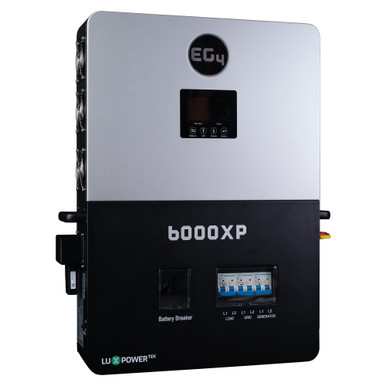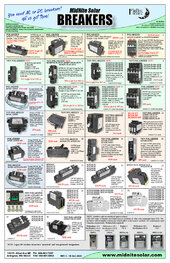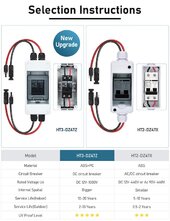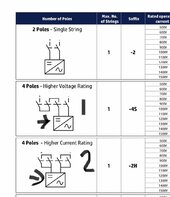There is not really much of a safety difference here. Yes, you can get a shock a little more easily at 48 volts, and I did get one off my system, but you really should be taking the same safety precautions. I got shocked while fixing a balance lead in my battery bank, my sweaty arm brushed a bus bar and I felt my whole arm tingle pretty hard. I always wear low voltage rubber gloves now when I am inside the battery cabinet. Had I been wearing long sleeves or the gloves I never would have felt a thing. With 24 volts, you are dealing with double the current, and that can be as big of an issue.
My dumb, basic rule of thumb is simple. Keep the normal steady long term current under 100 amps. So a 12 volt system is good up to 1,200 watts, 24 volts to 2,400 watts, and 48 volts to 4,800 watts. A short term load to double those is okay. Many people do push far higher, but for me, this works well. My system is "48 volts" but really 50 to 58 volts at the battery. I run all my house loads on it and I still rarely see it hit 100 amps. Right now my whole house is only using about 850 watts from the battery bank, and that's only about 15 amps with the battery at 56.4 volts. But when my Central A/C kicks on, I will see another 4,000 watts. If the microwave is also running, that is another 1,800 watts. It can add up fast.









